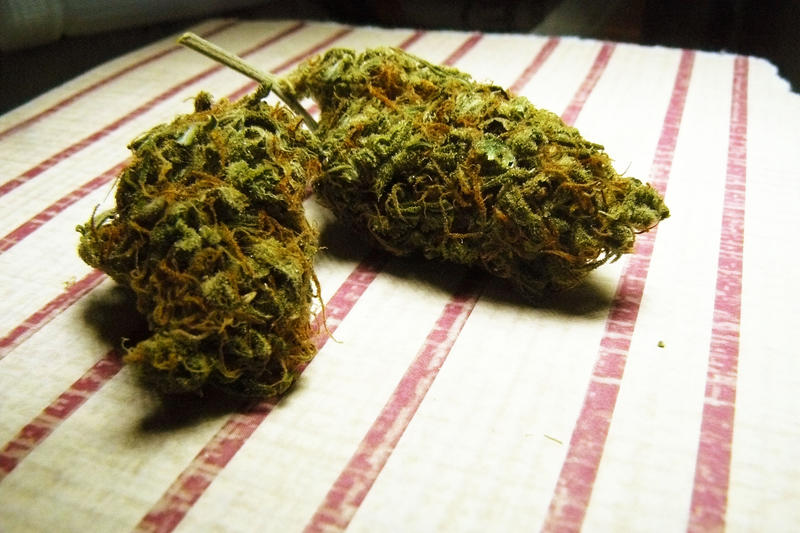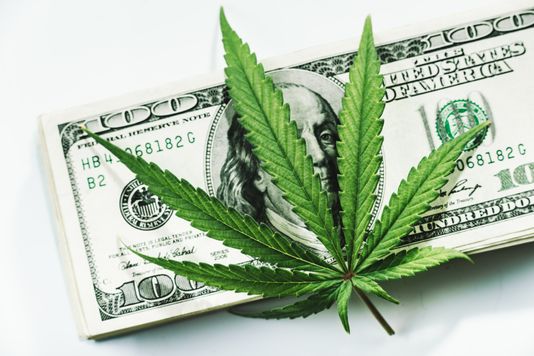Fresh off a midterm sweep that handed the governorship, attorney general’s office, and state House to the DFL, the usual cannabis crusaders at Campaign for Full Legalization and NORML wasted no time inviting State Rep. Alice Hausman to a tactical powwow at Finnish Bistro on Sunday afternoon.
When it comes to fighting pot prohibition, the unassuming Hausman has always been ahead of the curve. In 1995, she penned a medical marijuana bill partly in response to the felony conviction of Lake of the Woods resident Gordon Hanson, who grew cannabis to self-medicate his epilepsy.
Two decades later, the state finally greenlit medical use, so Hausman leapt forward to recreational. She introduced a bill last winter, but Republicans controlled both chambers of the legislature.
Yet polling consistently shows people want pot more than ever. Cannabis party candidates for attorney general and state auditor each earned more than five percent of the vote. Governor-elect Tim Walz is game. And though the official Minnesota GOP platform is uncompromisingly anti-marijuana, half a dozen Republican House candidates said they were open to the idea of legalization.
The task now is a serious bill, willing authors, and a fact-based response to counter the campaigns of naysayers.
NORML, headed by state auditor candidate Michael Ford and lifelong marijuana activist Oliver Steinberg, offers a moralistic wish list that includes home growing, release of nonviolent offenders, retroactive expungement, public consumption, and a purchasing age of 18 (old enough to die in war, old enough to get high).
Marcus Harcus of the Campaign for Full Legalization is concerned about pushback against smokables when cities like Minneapolis are raising their tobacco sales age. He suggests a softer 18 to possess, 21 to buy.
Already wary of a post-legalization industry takeover by the Walmarts of weed, Harcus is anxious to lay a foundation for affordable licensing fees that would allow small businesses to thrive. He imagines a tax rate high enough to provide revenues for health initiatives like opioid addiction, but low enough to keep out the black market.
The activists also disagree over whether to involve folks on the right. NORML’s Steinberg isn’t keen on chasing after the support of anyone from the party that declared the War on Drugs, but Ford believes bipartisanship underlies success.
Strikingly absent from the table are Libertarians, whose party platform has advocated marijuana legalization for close to 50 years. Overlapping views on pot haven’t been enough to make Libertarians overlook marijuana activists’ tendencies toward democratic socialism. They’re also mighty salty about Ford beating the Libertarian candidate for state auditor, despite that office having nothing to do with legalizing marijuana.
Libertarian Chair Chris Holbrook says that while his party will support legalization, they have no plans to lobby politicians.
Hausman is adamant about the need for a common agenda.
“That’s why this group has some work to do yet,” she says. “If everyone is coming asking for something different, you may get nothing because legislators then are too confused. The advocacy community somehow needs to get together and get around the table and agree on a single bill. That would be my first hope, and that’s their work to do.”
Credit: citypages.com









